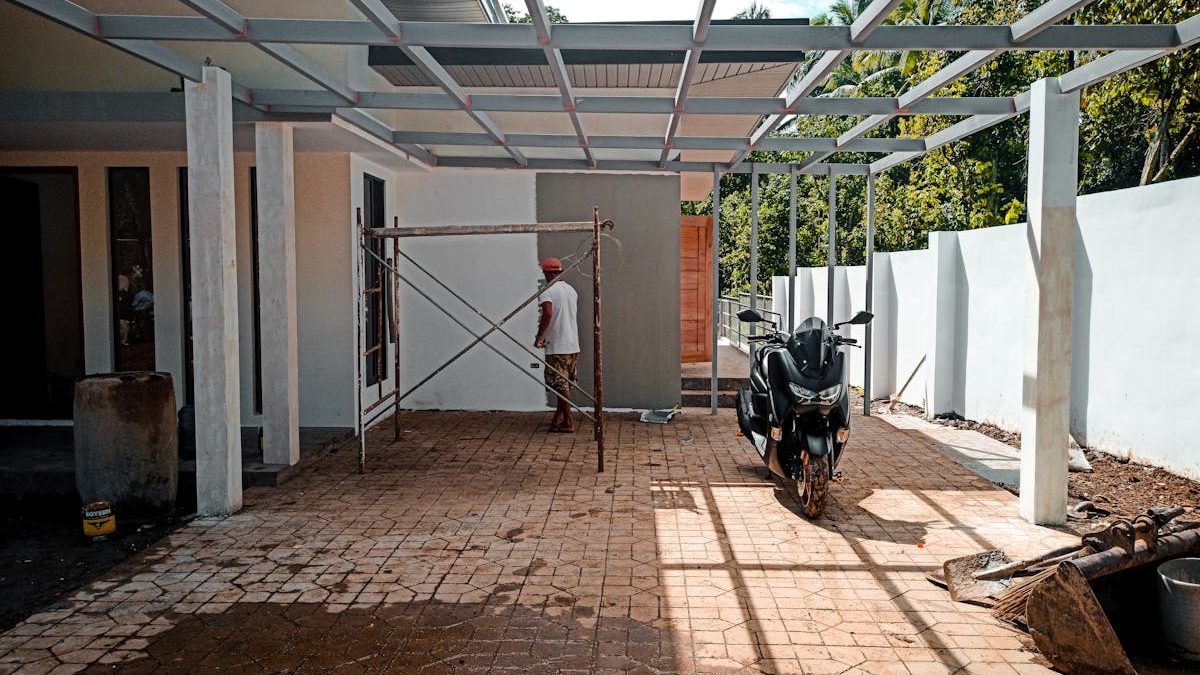
Can You Sell a Home With a Mortgage? What Buyers and Sellers Should Know
Selling a home can be both exciting and daunting, especially when you just bought it or there’s still a mortgage attached to it. Many homeowners wonder, “Can you sell a home with a mortgage?” The short answer is yes—you absolutely can. In fact, it’s very common. Most homeowners don’t wait to pay off their entire mortgage before selling; they simply factor in their loan balance as part of the selling process.
Whether you’re moving for a job, upsizing, downsizing, or just ready for a change, understanding how to sell a home with a mortgage can make the process smoother and financially sound. This guide breaks down how it works, what to expect during closing, and tips to navigate potential pitfalls. For buyers, understanding this process can help you spot motivated sellers, negotiate better deals, and navigate transactions involving outstanding mortgages with greater confidence.
Can You Sell a Home With a Mortgage? Yes—Here’s How It Works
Yes, you can sell your home even if you still owe money on your mortgage. This is a standard scenario in real estate. When you sell your house, the proceeds from the sale are typically used to pay off your remaining mortgage balance. The process is facilitated through your closing agent, who ensures the lender is paid in full before any profit goes to you.
Here’s what usually happens when you sell a home with a mortgage:
- You get a mortgage payoff quote from your lender.
- Your home goes under contract, and you proceed with the closing process.
- At closing, your remaining loan balance is paid off directly from the buyer’s funds.
- Any remaining equity is distributed to you.
This process ensures the lender’s interest in the property is satisfied before ownership is transferred to the buyer.
What Happens to Your Mortgage During the Sale?

Your mortgage doesn’t just disappear when you sell your home, but it doesn’t stay with you, either. Instead, the sale pays it off. Your real estate agent and closing attorney or escrow company will work with your lender to obtain a payoff amount, which includes your current loan balance, plus any interest accrued and potential fees.
Once the sale is finalized, your lender will release the lien on your home, officially allowing the new owner to take possession without any debt tied to it. If your home sells for more than what you owe, you keep the difference. If it sells for less, you may have to negotiate a short sale, which comes with additional complications.
How Much Equity Do You Need to Sell?
One of the biggest financial factors in selling your home is home equity—the portion of your home that you truly own. To determine your equity, subtract your remaining mortgage balance from your home’s current market value. The higher your equity, the more money you’ll walk away with after the sale.
You should have enough equity to:
- Pay off your mortgage balance
- Cover closing costs (which can range from 6–10% of the sale price)
- Possibly put a down payment on your next home
If your equity is low, you might still be able to sell, but your profit could be minimal. In a declining market, some homeowners even end up “underwater,” owing more than their home is worth. In that case, you’ll need to consider other options, like a short sale.
Can You Sell if You’re Upside Down on Your Mortgage?
Selling a home when you owe more than it’s worth is called an underwater sale or short sale. This is more complex because you’ll need your lender’s approval to sell for less than the remaining loan balance. Lenders may accept this loss if they believe it’s better than pursuing foreclosure.
However, a short sale affects your credit and may involve legal and tax consequences. It’s essential to work with an experienced real estate agent and attorney who can guide you through the negotiation and documentation required in a short sale.
What About Closing Costs and Agent Fees?
When selling your home—even with a mortgage—you’ll be responsible for several expenses at closing. These include:
- Real estate agent commissions (usually 5–6%)
- Title insurance
- Escrow or attorney fees
- Outstanding taxes or HOA dues
These costs are typically deducted from your proceeds. If you have sufficient equity, they won’t impact you too much. But if you’re working with thin margins, these costs can eat into your profit or even result in a net loss.
Mortgage Insurance vs Home Insurance: Do They Affect the Sale?

Some homeowners get confused between mortgage insurance and home insurance, especially when preparing to sell. Here’s a quick distinction:
- Mortgage insurance (PMI or MIP) protects your lender in case you default. If you bought your home with a low down payment, you might have it.
- Home insurance protects you and your property from damage or liability.
Neither of these insurances will prevent you from selling your home. However, any prepaid home insurance premiums may be refunded to you, and your mortgage insurance will be terminated once the loan is paid off.
Understanding the difference between mortgage insurance vs home insurance helps sellers avoid confusion during the closing process.
Tips for Selling a Home With a Mortgage
Here are a few quick tips to make your sale seamless:
- Get a mortgage payoff statement early. This helps you set a realistic listing price.
- Work with a knowledgeable agent. They’ll help you market the home and navigate the mortgage logistics.
- Know your break-even point. Calculate how much you need to sell for to at least cover your mortgage and closing costs.
- Be prepared to negotiate. If your buyer wants repairs or concessions, factor that into your net proceeds.
- Stay current on payments. Missing payments during the sale process could jeopardize the transaction.
Final Thoughts
Selling a home with a mortgage is not only possible—it’s incredibly common. As long as your sale price covers your remaining loan balance and associated fees, you’re in a strong position. Understanding the process, knowing your equity, and planning ahead can help you make the transition smoothly. Whether you’re moving up, scaling down, or relocating, don’t let a mortgage hold you back.



